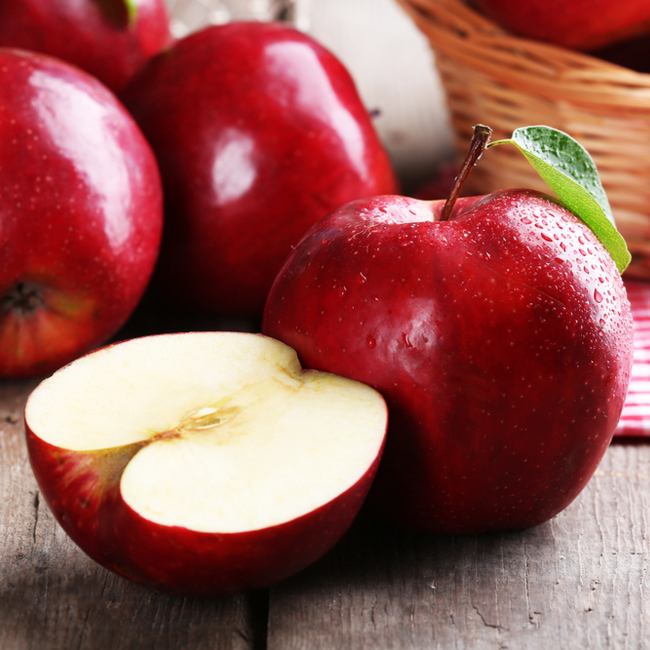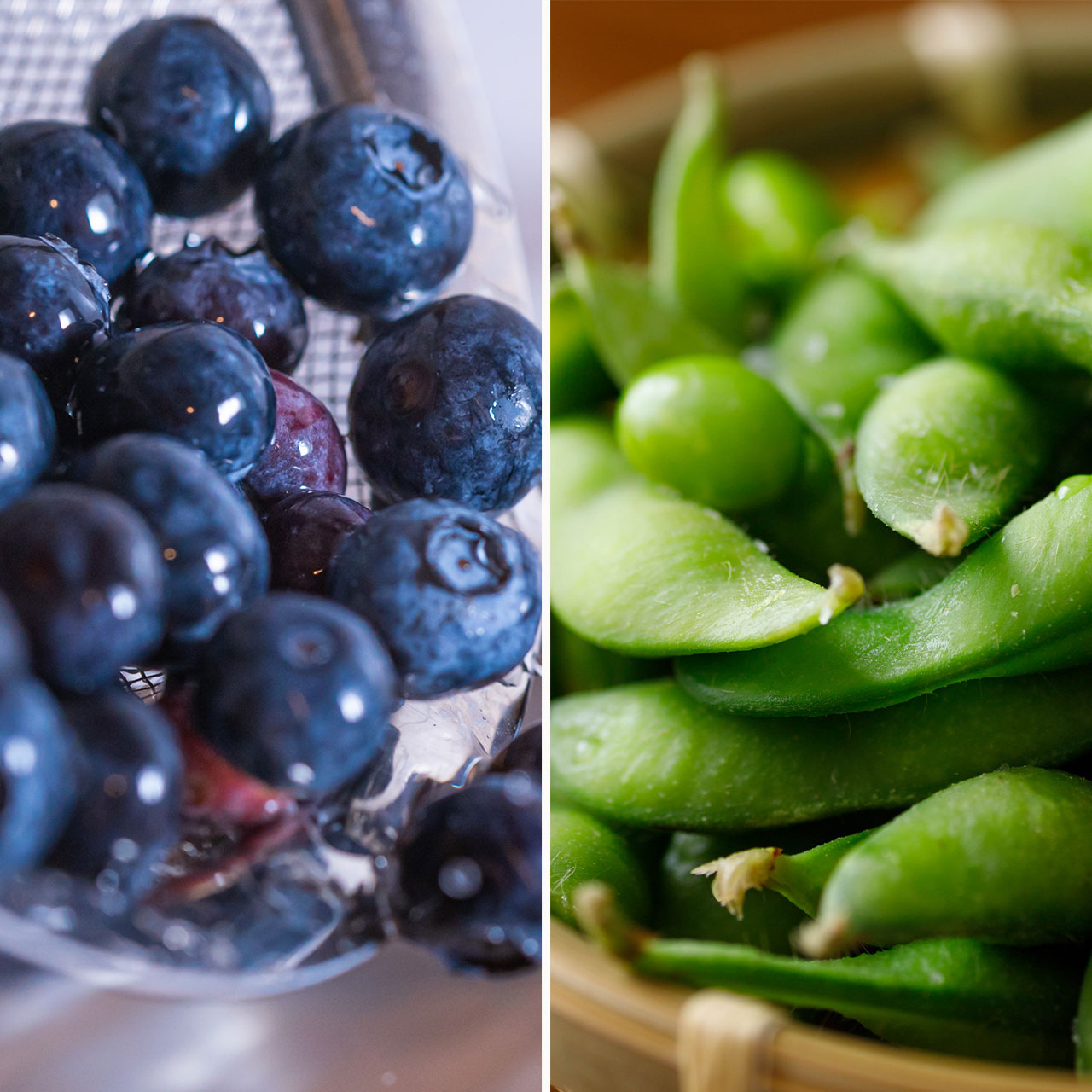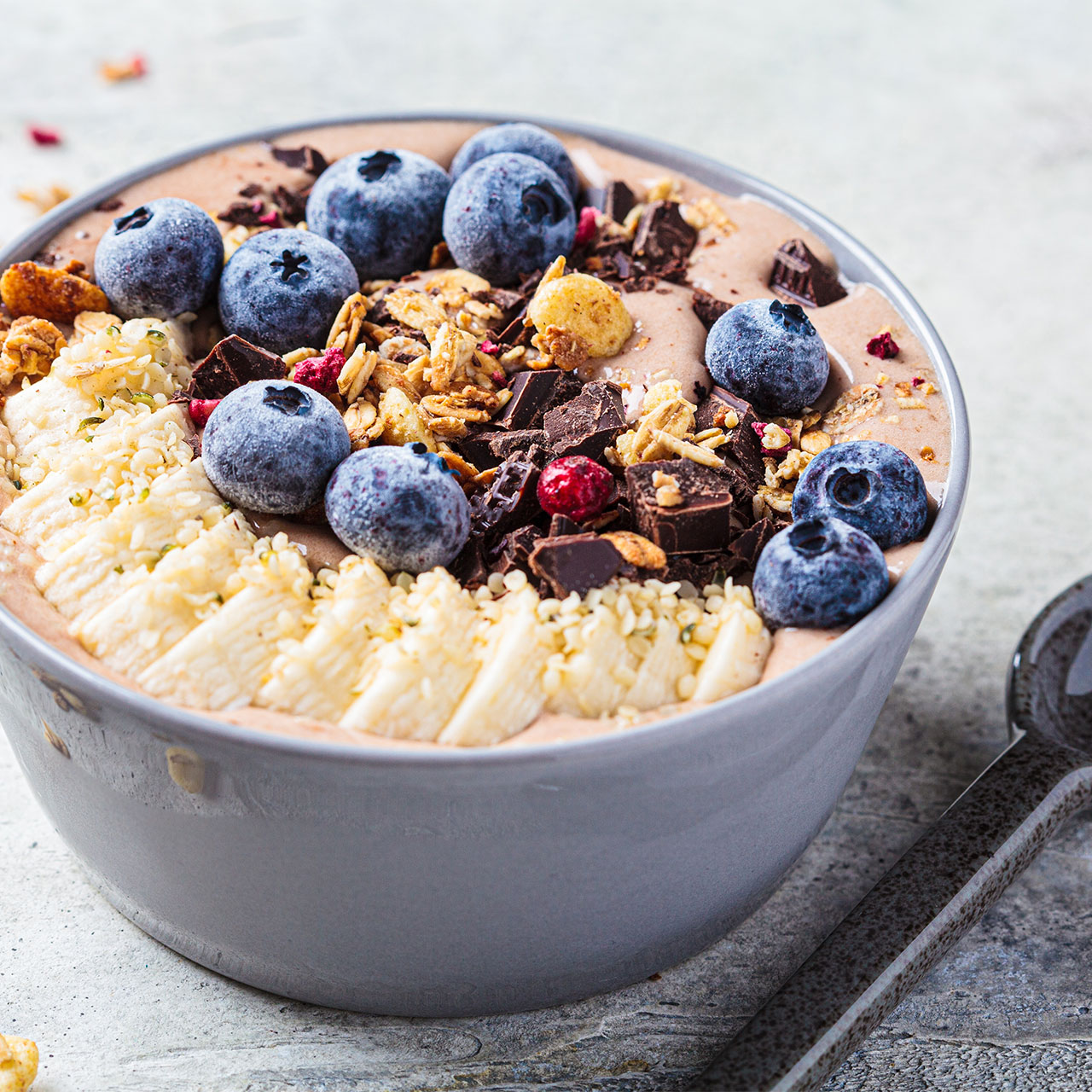Feeling bloated is definitely an uncomfortable situation to be in. According to an article published by Johns Hopkins Medicine, it’s when “your belly feels full and tight, often due to gas.” If this is something you’ve constantly been struggling with, you are not alone. The Cleveland Clinic notes, “Between 10 percent and 25 percent of otherwise healthy people complain of occasional abdominal bloating. As many as 75 percent describe their symptoms as moderate to severe. About 10 percent say they experience it regularly.”
There are several factors that cause this condition, including constipation, gut sensitivity, small intestinal bacterial overgrowth (SIBO), and more. But perhaps one of the most common culprits that lead to bloating lies within the food that you eat. In fact, what you think is considered “nutritious” might actually have a few disadvantages in the long run. Below, we talk about one fruit that is surprisingly bloat-inducing. Keep reading to learn more.


Apples
You've all probably heard the saying, "An apple a day keeps the doctor away." Apparently, this statement might prove otherwise. Health experts believe that apples have certain properties that unfortunately lead to bloating.
As reported by the Cleveland Clinic, "The sugars, or fructose, that make [this readily available fruit] so tasty can complicate digestion and lead to bloating. Apples and pears can also be high in hard-to-process fiber if you eat the skin." Fructose and fiber are the two things that can ferment in your large intestine, therefore resulting in bloating.
Additionally, Johns Hopkins Medicine, confirms this by saying that, "Typically, the first line of treatment for preventing gas and bloating is changing your diet. Research has shown that a low fermentable oligosaccharides, disaccharides, monosaccharides and polyols (FODMAP) diet can reduce the symptoms of gas and irritable bowel syndrom (IBS)." Apples are just some of the many fruits that have a high monosaccharides content (present in fructose), so it should be avoided as much as possible.
Don't get us wrong, though: Apples still have health benefits! They're a good source of antioxidants and they also contain vitamin C. The important thing to remember is that you should consume them in moderation. When preparing them, consider peeling the skin first and then cooking the apples fully, for easier digestion. As an alternative, you can eat other fruits too such as bananas and berries.


























